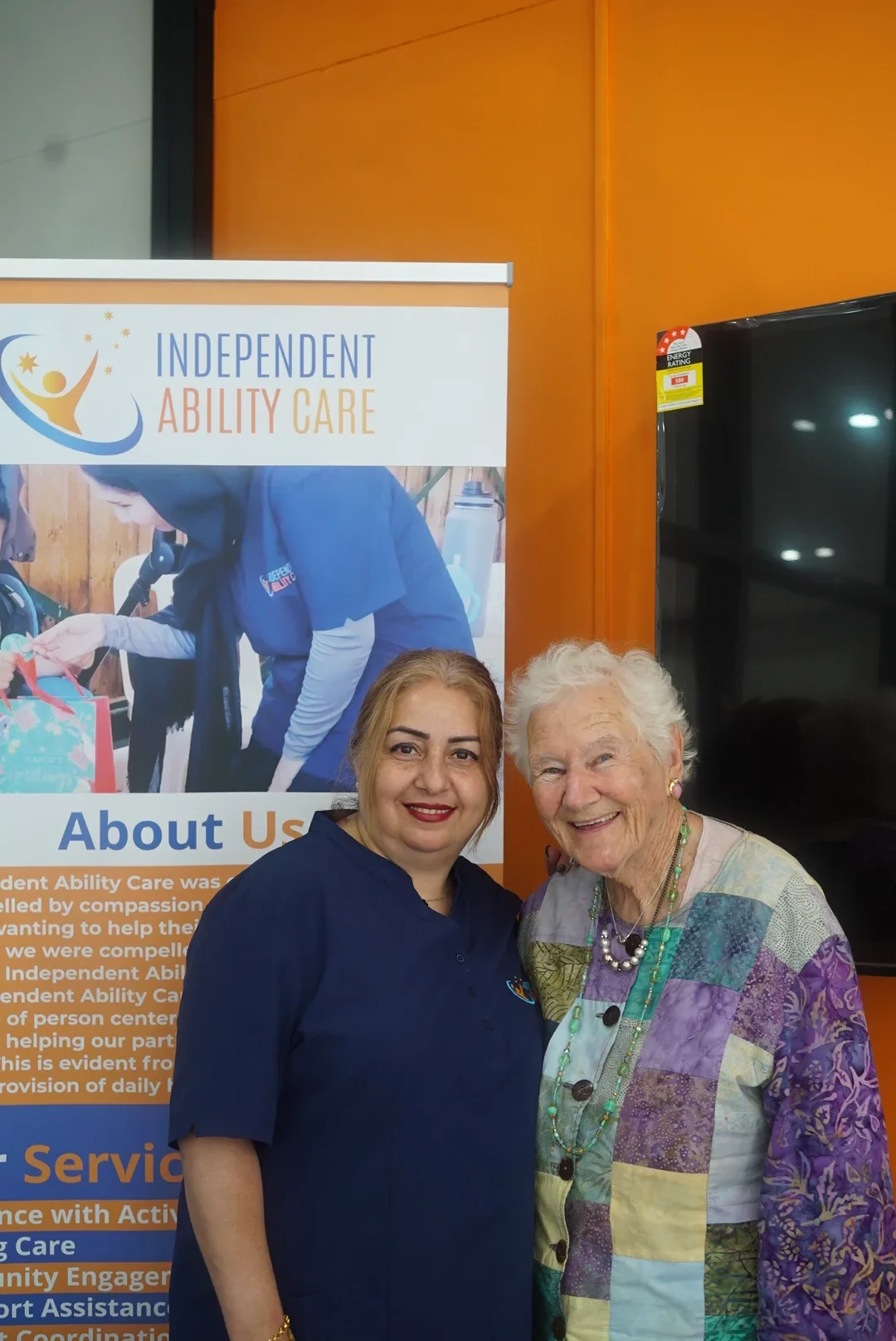
Living with ADHD (Attention Deficit Hyperactivity Disorder) brings its own set of daily highs and lows. Whether you or someone close to you is navigating this path, it’s natural to wonder: Does the National Disability Insurance Scheme (NDIS) provide support for people with ADHD? Let’s walk through what the NDIS means for people with ADHD, who qualifies, and how you can give your application the best chance.
What is ADHD?
ADHD is a condition that affects attention span, self-control, and impulsivity. People with ADHD may find it hard to focus, stay still, complete tasks, or manage time. While it’s most often recognized in children, many adults also live with ADHD. Some of the common signs include:
- Struggling to finish tasks or focus on one thing
- Feeling restless or constantly needing to move
- Trouble getting organized or planning ahead
- Impulsive decisions or difficulty multitasking
- Being easily distracted or forgetful
With the right treatment, like medication, positive routines, and therapy, many people with ADHD thrive. But without support, everyday challenges can pile up, impacting mental health, work, study, and relationships.
Is ADHD Covered by the NDIS?
Here’s where things can get a bit tricky. ADHD on its own is not currently listed as a primary disability the NDIS covers. However, many people with ADHD also experience other conditions such as anxiety, depression, dyslexia, autism, or developmental delays. If you have one or more of these conditions and they significantly affect your daily life, you might be eligible for NDIS funding.
The NDIS looks at whether your additional condition(s) cause long-term challenges in everyday living, interacting with others, or taking part in work or study. It’s these “co-occurring” disabilities that may open the door to support.
Who Can Get NDIS Support?
To qualify for the NDIS, you must meet a few main criteria:
- Be under 65 years old when you apply
- Be an Australian citizen, permanent resident, or hold a Special Category visa
- Have a permanent condition that makes daily life and participation harder
- Give solid medical evidence of how your condition affects you
Every application is assessed on its own. The NDIS and the National Disability Insurance Agency (NDIA) will look at your personal situation before making a decision.
How to Strengthen Your NDIS Application
If you want to boost your chances of approval, try these practical tips:
Gather Clear Medical Evidence
Ask your doctors, psychiatrists, psychologists, or occupational therapists, for thorough reports. These should:
- Detail your main (primary) condition, not just ADHD
- Explain when you were diagnosed and what daily life looks like for you
- Show all the treatments you’ve tried
Identify and Explain Co-occurring Conditions
- Check the NDIS website or talk to your healthcare providers to confirm if your co-occurring conditions are recognised
- Be specific about how these conditions affect your life on top of your ADHD
Seek Professional Guidance
NDIS support coordinators or providers can guide you through the paperwork, help collect all the evidence, and advocate for your needs every step of the way.
What Support Can the NDIS Offer?
If your application goes through, the NDIS could help fund:
- Early intervention programs
- Support at school or work
- Development of social skills
- Help with everyday activities
Some NDIS providers, like Independent Ability Care, offer tailored everyday support to help manage routines and tasks.
If NDIS Isn’t an Option
Don’t worry, there are still great places to turn. Organisations such as the ADHD Foundation and ADHD Australia offer info, support groups, counseling, and advocacy. Community centres and mental health professionals can also offer practical advice and a helping hand.
Handy Tips for Your Application
- Start your application early to avoid any last-minute stress
- Keep records of all your medical appointments and treatments
- Collect statements from family, teachers, or employers about how your condition affects you
- Keep in touch with the NDIS to check your application’s progress
Useful Resources
- The NDIS official website
- The ADHD Foundation for guidance on ADHD and the NDIS
- For a chat or personal advice, call the NDIS at 1800 800 110
Final Thoughts
While ADHD by itself isn’t directly covered by the NDIS, having significant co-occurring conditions can make you eligible for support. By providing clear documentation, solid medical evidence, and working closely with professionals, you give yourself the best shot at getting the help you need.
And if this all feels a bit overwhelming, you don’t have to do it alone. Providers like Independent Ability Care are ready to walk beside you, guiding you through every stage of the process.





